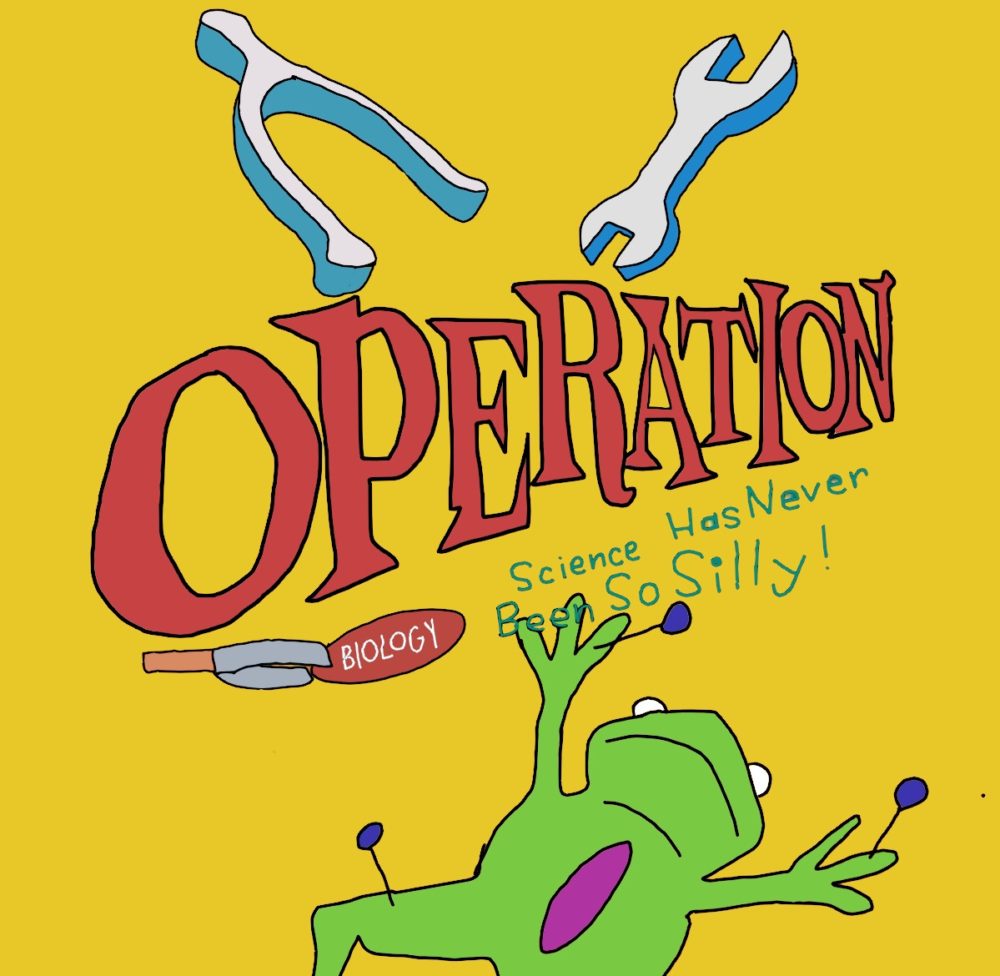
By Karen Phan
J.W. Mitchell High School (JWMHS) in New Port Richey, Florida is the first high school in the world to use synthetic animals in lab dissections.
“We are so excited to have partnered with @Syndaver so that our #Mustangs could be the first students in the world to dissect synthetic frogs,” JWMHS tweeted.
SynDaver, a company that creates synthetic human and animal models for surgical training and animal dissections, partnered with People for the Ethical Treatment of Animals (PETA) to create synthetic frogs, dubbed as SynFrog, in an effort to have humane learning experiences.
“PETA has been working with educators and students for years to move schools away from using real animals in dissection and toward the many humane, non-animal options that are available,” according to the PETA website.
Faculty and students at JWMHS have expressed their enthusiasm for SynFrog.
“[K]ids are involved, they are in it, they are finger deep in frog guts, but it’s all synthetic, so the smell isn’t there, the stigma isn’t there, they are not opting out,” JWMHS Principal Jessica Schultz told PETA. “Every kid is engaged and we have students from all academic levels in the classes that we chose and the teachers that we have them with and they are just all in on this.”
SynFrog are hyper-realistic models of female frogs made with synthetic wet tissues; removable and anatomically correct organs; a reproductive system with eggs and accurate texture, size and skin color, SynDaver’s website says. They cost $150 each, compared to the $5 to $20 unit price of real frogs.
To some, this cost disparity is a reason for concern. Annie Siu, an FVHS junior who is taking Physiology, said that while she understood the ethical and environmental benefits of synthetic animals and the higher resource demand needed to produce them, buying real animals would be more worth the money.
“[SynFrog are] too expensive for schools [that] cannot afford to pay over $100 for each group of students in every science class,” Siu said. “I’m also skeptical about the reusability of these animals. The article doesn’t mention if they’re reusable or not, so it’s more worth it to buy real animals instead.”
JWMHS’ change comes amidst increased scrutiny over the use of real animals in dissections. Opponents of animal dissections believe collecting animals is hazardous to the environment and teaches students that animals are disposable, and that the hands-on experience is unnecessary as there are now models and computer simulations that adequately mimic dissections.
Last February, California Assemblymember Ash Karla (D-San Jose) with cosponsors PETA, Social Compassion in Legislation and the Physicians Committee for Responsible Medicine introduced Assembly Bill (AB) 1586 to ban all animal dissections in the state. AB 1586 did not pass through California’s Committee of Education.
“I think synthetic animals are a step in the right direction because it solves the ethical and environmental concerns that students have concerning dissections,” said FVHS senior Spencer Chuong, who took Physiology last year. “Since the synthetic tissue is made to be not only super realistic but almost identical to reals animals, students will not be missing out on anything when dissecting.”
Junior Samson Le also believes that animal dissections would be better experiences if they involved synthetic animals instead of real ones.
“I was grossed out by the fetal pig dissection as its smell was purely nauseating… I remember not wanting to touch that pig and only wishing to record information,” Le said. “Generally speaking, synthetic animals would be better for dissections because they wouldn’t gross students out.”
At FVHS, Accelerated Biology, Biology and Physiology classes focus on mammalian anatomy and do not dissect frogs. Accelerated Biology and Biology classes dissect fetal pigs and physiology classes dissect cats, chicken quarters, sheep brains and sheep hearts.
“We do not have any plans to shift to synthetic animals,” FVHS Science Department Head Lehua Werdel wrote in an email.





